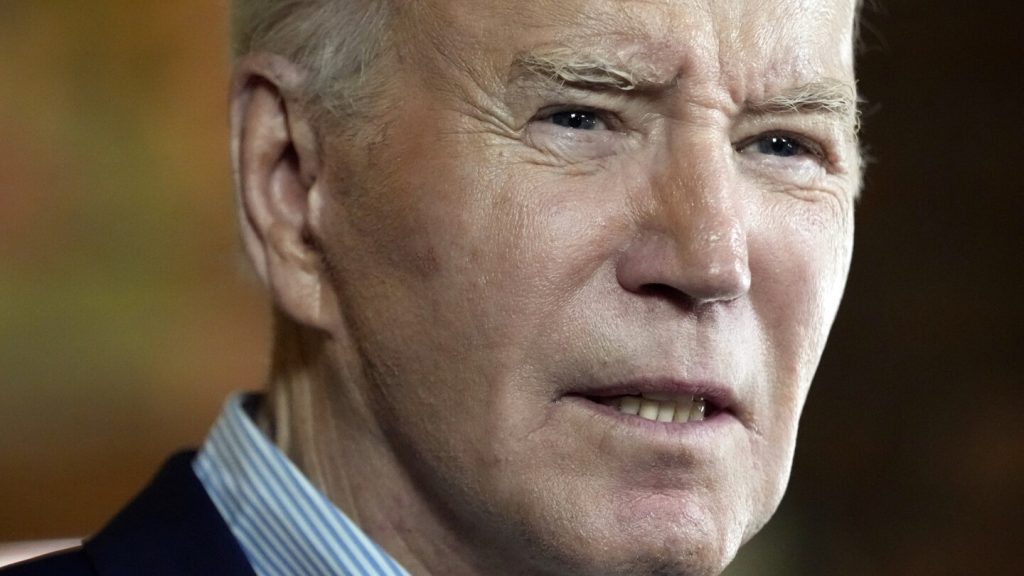The new rule finalized by President Joe Biden’s administration will limit short-term health insurance plans to just three months, with a maximum renewal of four months. The plans will also be required to provide consumers with clear explanations of the limits of their benefits. Biden’s domestic policy adviser, Neera Tanden, emphasized that short-term plans, often referred to as “junk insurance,” have misled consumers into thinking they were buying comprehensive coverage only to be surprised later by capped benefits or missing coverages. The administration’s aim is to reduce costs for consumers and prevent them from being taken advantage of by such plans.
Critics argue that short-term plans, which were expanded during Donald Trump’s administration as a cheaper alternative to the Affordable Care Act, have been undermining the ACA by allowing insurance companies to exploit loopholes. The plans do not have to cover people with preexisting conditions or provide basic benefits like prescription drugs, leading to consumers facing unexpected high medical bills. Biden’s administration is working to reverse these expansions and protect consumers from misleading insurance products. The ACA, signed into law by President Barack Obama in 2010, has been a target for Republicans who have sought to repeal and replace it with alternatives like short-term plans.
President Trump had praised short-term plans as “much less expensive health care at a much lower price,” touting them as a solution to the high costs of comprehensive insurance under the ACA. However, critics argue that these plans do not offer the same level of coverage and leave consumers vulnerable to significant out-of-pocket expenses. The U.S. Court of Appeals for the District of Columbia Circuit upheld the Trump administration’s expansion of short-term plans in 2020, allowing for longer durations and renewals up to 36 months. This decision has been seen as a setback for consumer protections and has fueled concerns about the impact of such plans on healthcare affordability and access.
President Biden’s administration is taking steps to address the issues associated with short-term health insurance plans, including implementing new rules to limit their duration and ensure transparency about their limitations. The administration’s focus on reducing costs for consumers aligns with Biden’s broader efforts to improve access to affordable healthcare. By restricting the sale and renewal of short-term plans, the administration aims to protect consumers from being misled by inadequate coverage and unexpected expenses. The move represents a shift away from the Trump-era policies that prioritized cheaper insurance options over comprehensive benefits and consumer protections.
The battle over short-term health insurance plans reflects broader debates about the future of healthcare in the United States, including the role of government regulation in ensuring quality coverage for all Americans. Critics argue that short-term plans contribute to a fragmented and inequitable healthcare system, where those with preexisting conditions or high medical needs are left without adequate coverage. Biden’s administration’s efforts to curtail the expansion of these plans signal a commitment to strengthening the ACA and protecting consumers from deceptive insurance practices. As the debate continues, the impact of these policy decisions on healthcare affordability and access will be closely monitored.















